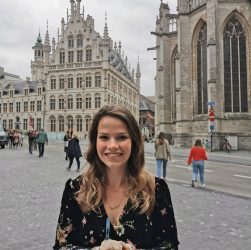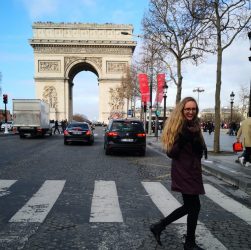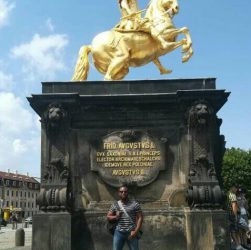Pre-departure: Leuven, Belgium. My home for 5 months. 13 434km away. What an exciting yet daunting thought! In the time leading …


Pre-departure: Leuven, Belgium. My home for 5 months. 13 434km away. What an exciting yet daunting thought! In the time leading …

Pre-departure: The first 6 months of your exchange year goes by way faster than one thinks. This is, however, a …

Pre-departure: I was in Germany for a three month research stay at Humboldt University, Berlin. Berlin is a city of …